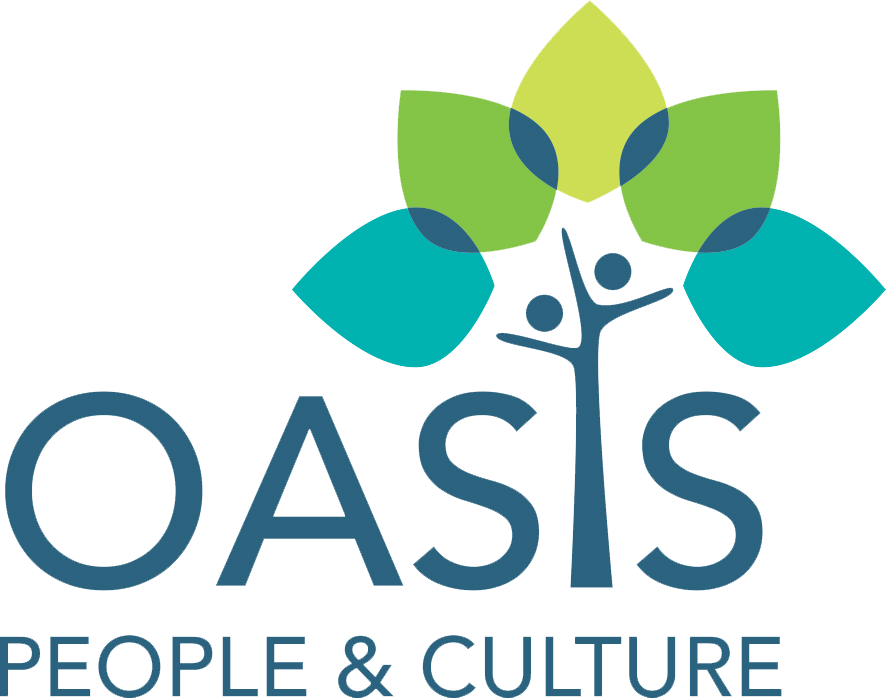Over the last five decades, meetings have ballooned in both length and frequency. Executives now report spending about 23 hours per week in meetings.
One person admitted to feeling like a fish gasping for air midweek, while another confessed to stabbing her leg with a pencil to stave off a scream during a particularly torturous meeting (Harvard Business Review, 2017).
And then there's the experience of toxic productivity (or as Ontological Coaching expert, Alan Sieler, calls it ‘Hysterical Industriousness’– in one survey, 82% of respondents reported being on the edge of burnout, buried under a pile of workload, exhaustion, and financial strain (Mercer Global Talent Trends Report, 2024).
To add more meetings to all this seems unsustainable… unless we are perhaps prepared to reconsider some of our anticipated outcomes.
“What if meetings weren’t merely about efficiency? What if they intentionally considered some other factors to find a better balance that supports engagement, productivity, and well-being? ”
At Oasis, we frequently refer to the interplay between three essential leadership responsibilities: Work, Relationships, and Development.
WORK = Leaders coordinate the work that needs to be done.
RELATIONSHIPS = Leaders nurture the quality of the relationships and conversations needed to support that work being done.
DEVELOPMENT = Leaders identify and attend to the technical/operational and relational development needs of the people and teams they lead.
Sometimes, you need to let go of the Work win!
Very often, we can fall into the trap of reducing meetings, including one-to-ones as simply an opportunity to check in on tasks and deadlines. While work coordination is important, it’s not the only function of a high-quality meeting. Leaders who focus exclusively on Work risk missing a crucial opportunity to deepen Relationships and support Development.
Meetings that prioritise Relationships and Development alongside Work are something of a hidden superpower of effective leadership. On the other hand, research shows that ineffective meetings aren’t just taking up time—they’re eating away at effective work, creativity, and wellbeing (Harvard Business Review). Instead of adding to the overload, meetings offer the opportunity to:
Build relational trust through authentic conversations and genuine care
Provide space for learning and reflection rather than just status updates
Help employees identify and name their personal and professional development needs and aspirations
Offer constructive feedback in a psychologically safe environment
Support us as leaders in understanding what’s really going on beneath the surface of the teams and people we lead
Breaking the Cycle of Task-Driven Leadership
Hysterical Industriousness conditions us to measure success in output alone, but leadership is about people, not just performance metrics. Research highlights that employees who feel obligated to work after hours register 20% lower productivity scores (Slack Workforce Index). The pressure to always be ‘on’ fuels burnout, making developmental conversations in meetings more crucial than ever.
As leadership expert Annie Dean notes, "The way we work needs to break down completely because that will create completely new and better ways of working". When we shift the focus of meetings to include (and sometimes prioritise) Relationships and Development rather than just Work, we open the door to real engagement, deeper trust, and more sustainable performance.
How do I take this forward?
One key to shifting a work-first pattern is to take a coaching approach; a skill that takes intentional practice, but the benefits are profound. Here are a few key ways to begin embedding coaching principles into leadership conversations:
Ask more, tell less. Learning the art of asking genuine open questions creates space for self-reflection, transparency, learning and connection.
Listen for what matters. Resist the urge to jump in and fix - create space for reflection and deeper conversation that gets to the heart of what is important to the people you lead.
Foster accountability. Support team members in co-designing their own commitments, progress review points and how commitments will be assessed.
Develop your own coaching skills. Leadership competency means developing conversational competence, knowing how to have the right conversations in the right way at the right time. Engage your own coach or in a coaching program to build your capacity.
You may be interested to know, our next Leader as Coach program offers a fantastic learning space to develop the leadership competencies. It begins in May 2025 and you can learn more here.




